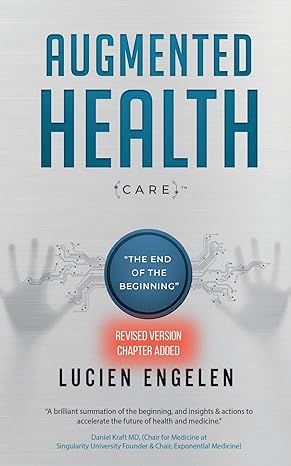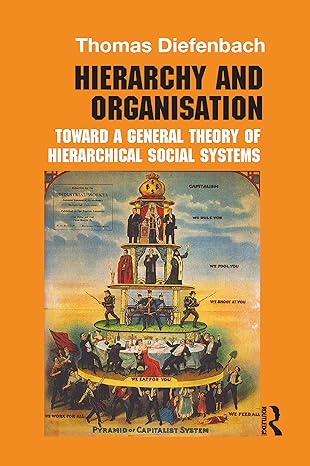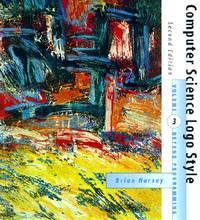Go back


The Paradox Of Control In Organizations(1st Edition)
Authors:
Philip Streatfield

Cover Type:Hardcover
Condition:Used
In Stock
Shipment time
Expected shipping within 2 DaysPopular items with books
Access to 30 Million+ solutions
Free ✝
Ask 50 Questions from expert
AI-Powered Answers
✝ 7 days-trial
Total Price:
$0
List Price: $190.00
Savings: $190(100%)
Solution Manual Includes
Access to 30 Million+ solutions
Ask 50 Questions from expert
AI-Powered Answers
24/7 Tutor Help
Detailed solutions for The Paradox Of Control In Organizations
Price:
$9.99
/month
Book details
ISBN: 0415250323, 978-0415250320
Book publisher: Routledge
Get your hands on the best-selling book The Paradox Of Control In Organizations 1st Edition for free. Feed your curiosity and let your imagination soar with the best stories coming out to you without hefty price tags. Browse SolutionInn to discover a treasure trove of fiction and non-fiction books where every page leads the reader to an undiscovered world. Start your literary adventure right away and also enjoy free shipping of these complimentary books to your door.
Book Summary: Business leaders are expected to be 'in control' of the situation in which their businesses find themselves. But how can organizational leaders and managers control matters entirely out of their hands; such as the next action a competitor takes, or the next law a government may pass? In this book, Philip Streatfield reflects on his own experience as a manager to explore the question: who, or what is 'in control' in an organization?Adopting the perspective of complex responsive processes developed in the first two volumes of this series, the author takes self-organization and emergence as central themes in thinking about life in organizations. He focuses on the tension between spontaneously forming patterns of conversation and intentional actions arguing that the order of organizations emerges through a combination of collective interaction and individual intentions. The argument is developed by considering the day-to-day experiences of life in a large pharmaceutical organization, SmithKline Beecham.In today's organization, managers find that they have to live with the paradox of being 'in control' and 'not in control' simultaneously. It is this capacity to live with paradox, and to continue to participate creatively in spite of 'not being in control', that constitutes effective management.
Customers also bought these books
Frequently Bought Together
Top Reviews for Books
Saud juaid
( 4 )
"Delivery was considerably fast, and the book I received was in a good condition."










